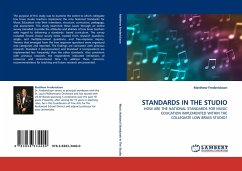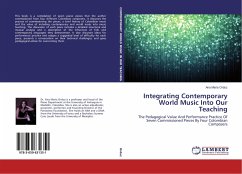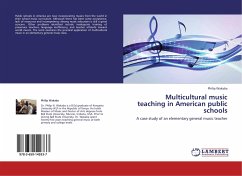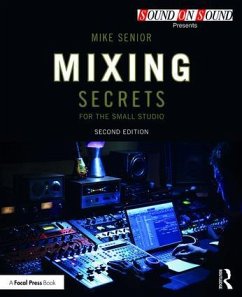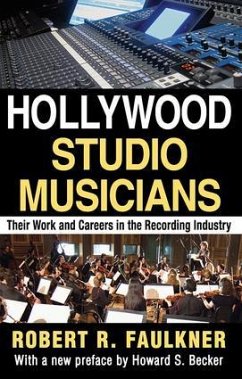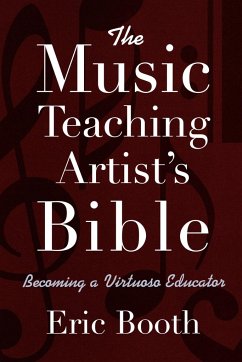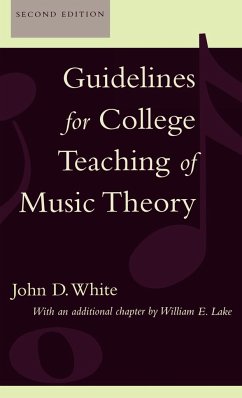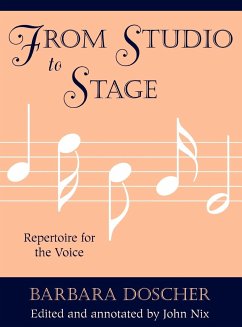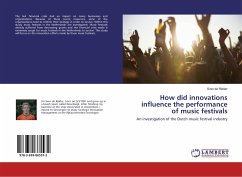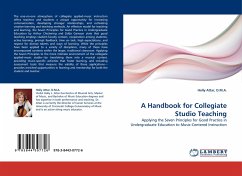
A Handbook for Collegiate Studio Teaching
Applying the Seven Principles for Good Practice in Undergraduate Education to Music-Centered Instruction
Versandkostenfrei!
Versandfertig in 6-10 Tagen
32,99 €
inkl. MwSt.

PAYBACK Punkte
16 °P sammeln!
The one-on-one atmosphere of collegiate applied-music instruction offers teachers and students a unique opportunity for increasing communication, developing stronger relationships, and cultivating creative learning and teaching methods. An effective model for teaching and learning, the Seven Principles for Good Practice in Undergraduate Education by Arthur Chickering and Zelda Gamson state that good teaching employs student-faculty contact, cooperation among students, active learning, prompt feedback, time on task, high expectations, and respect for diverse talents and ways of learning. While ...
The one-on-one atmosphere of collegiate applied-music instruction offers teachers and students a unique opportunity for increasing communication, developing stronger relationships, and cultivating creative learning and teaching methods. An effective model for teaching and learning, the Seven Principles for Good Practice in Undergraduate Education by Arthur Chickering and Zelda Gamson state that good teaching employs student-faculty contact, cooperation among students, active learning, prompt feedback, time on task, high expectations, and respect for diverse talents and ways of learning. While the principles have been applied to a variety of disciplines, many of these have encompassed contexts within the larger, traditional classroom. Applying the Seven Principles to the more intimate environment of the collegiate applied-music studio by translating them into a musical context, providing music-specific activities that foster learning, and including assessment tools that measure the validity of these applications provides enriched opportunities in learning and mentorship for both the student and teacher.



